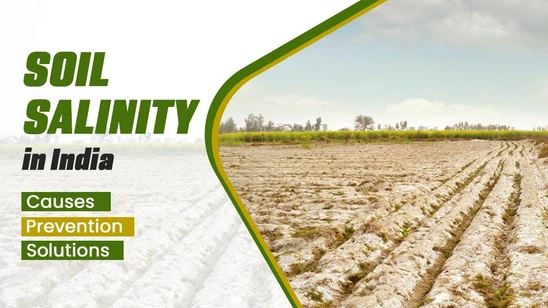Modern Farming Methods: The Future of India
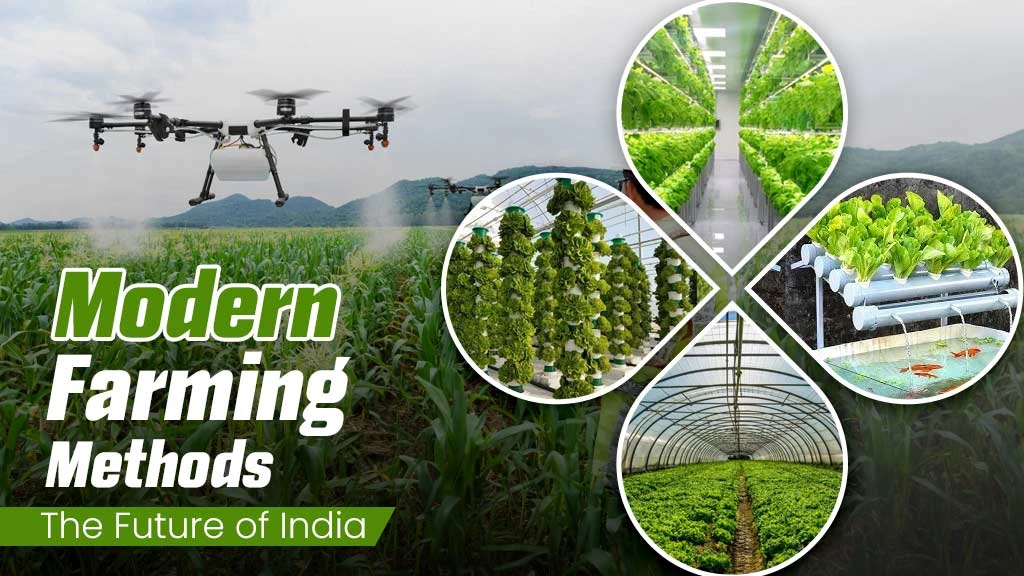
Table of Contents
- What is Modern Agriculture?
- Modern Farming Methods
- Difference between Traditional Farming VS. Modern Farming
What is Modern Agriculture?
Agriculture is the source of livelihood for so many people, as more than half of the total population of India is engaged in agricultural practices. Modern agriculture is an innovative approach for farmers to increase the productivity and sustainability of food, feed and fibre through different modern farming practices. Modern agriculture is also known as agribusiness and sustainable agriculture.
Modern Farming Methods
Modern farming methods are an innovative approach to increasing agricultural output and minimizing the environmental impact. Let’s look at some of the contemporary farming methods practised in India.
Greenhouse Farming
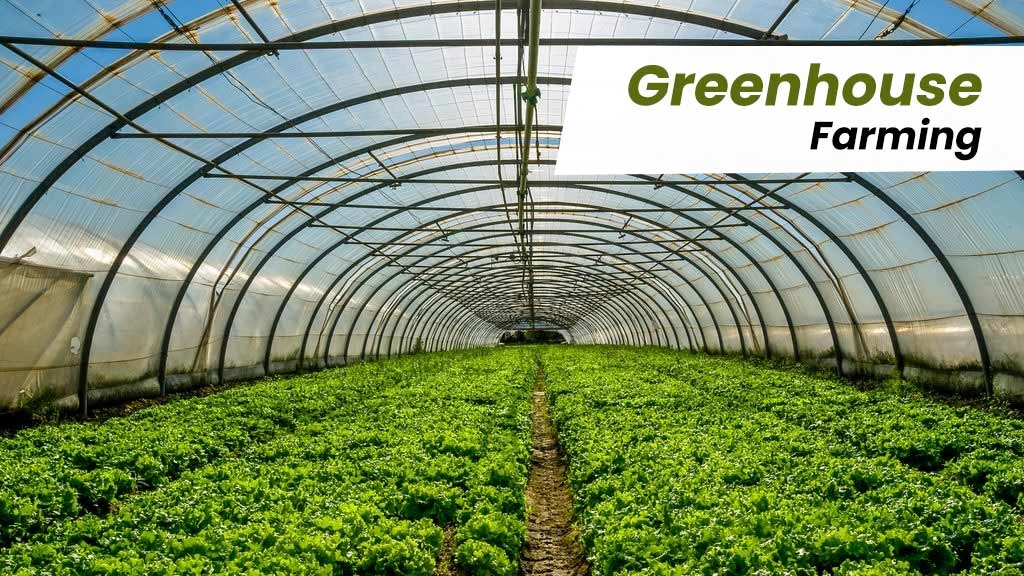
Greenhouse farming involves the year-round cultivation of crops in controlled environments regardless of external conditions. In this farming technique, we can regulate the temperature, climate, humidity, and light for the optimum growth of the crops. Farmers can grow crops like tomatoes, bell peppers and cucumbers. This technique gives higher crop yield and has minimum pest problems.
Precision Farming
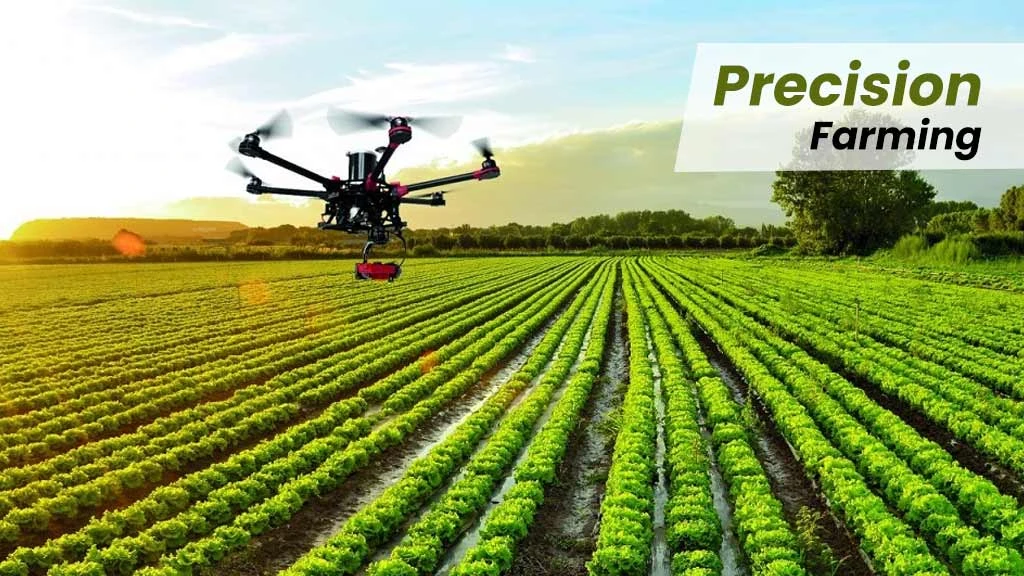
Precision farming is also called smart farming. It uses technologies like drones, sensors, GPS tracking devices, data analysis, and satellite imagery to understand crop health, soil moisture, and nutrient levels. Farmers can benefit from increasing crop yield in a better way by analysing real-time data, which helps them decide when and where to plant, irrigate, and harvest their crops. This method also reduces the usage of water, pesticides, and fertilizers.
Hydroponics Farming
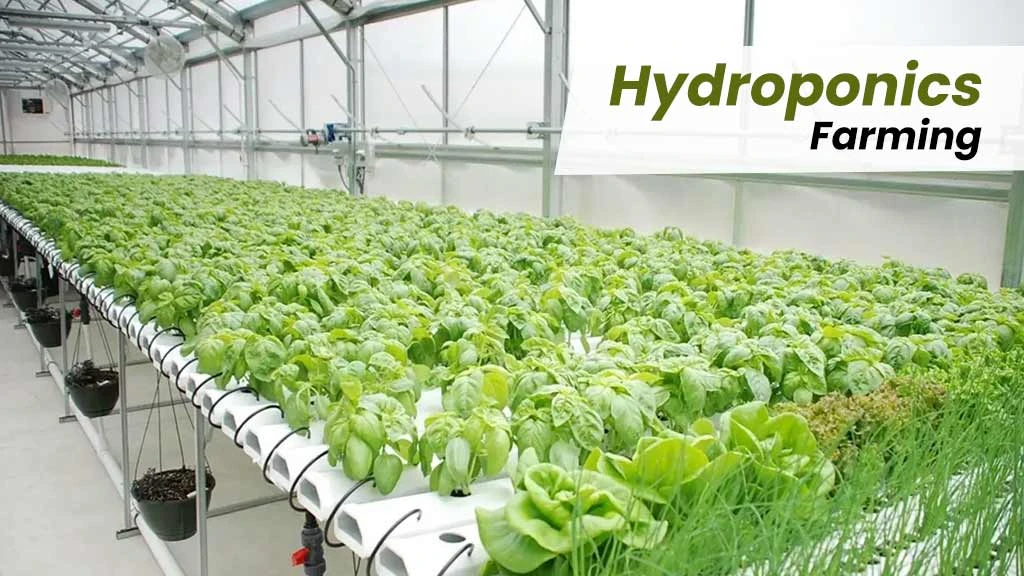
The method of growing plants in a nutrient-rich water solution instead of soil is known as hydroponics. It uses water as its medium to produce and allows year-round crops as it is done in controlled environments with the benefit of regulating the temperature, humidity and climate. Hydroponics allows plants to grow 50% faster than they would in soil. Aeroponics, Aquaponics, and Tissue Culture are other modern farming methods.
Aquaponics Farming
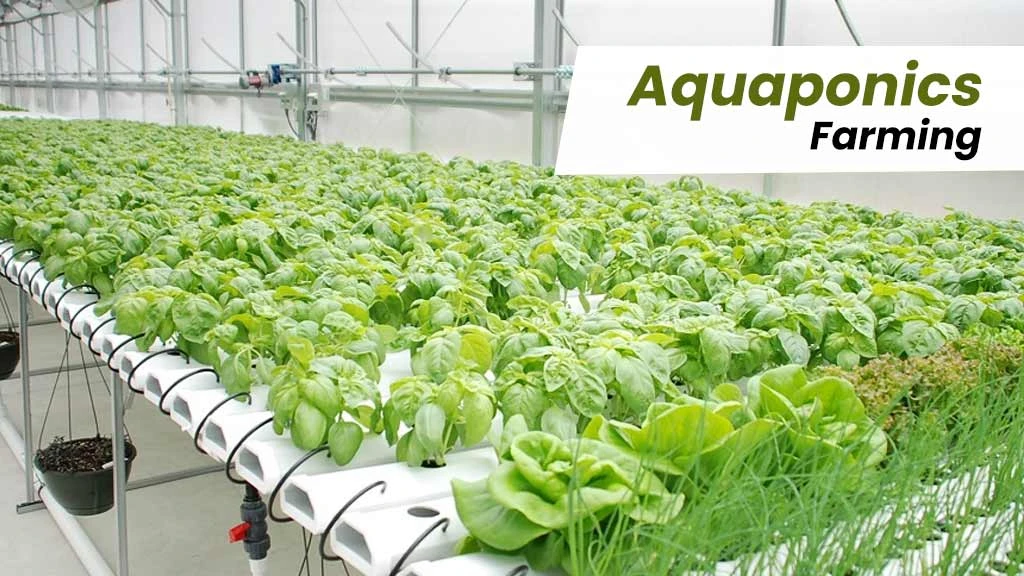
Aquaponics is a modern farming method that comprises two sub-systems: aquaculture (fish farming) and hydroponics. This method needs less water because water is recycled throughout the system. This method is cost-effective and beneficial for farmers, allowing them to use two practices simultaneously.
Vertical Farming
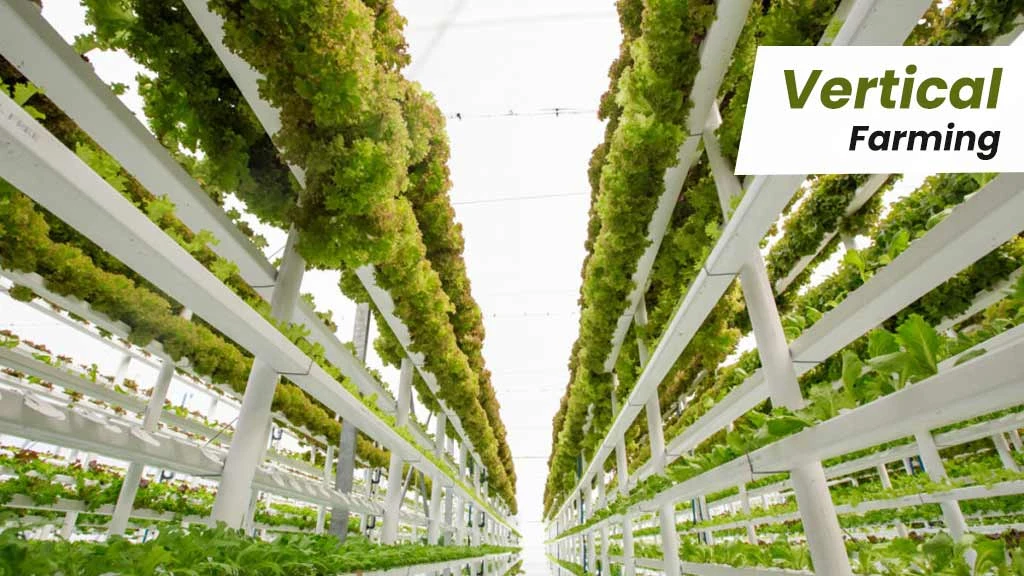
The method of growing crops vertically in stacked layers is known as the vertical farming method. It allows year-round crop production as it is done in a controlled environment, resulting in better-tasting crops and higher yields. This method is best suited for urban areas where space is limited. One of the advantages of this method is that it can permit the crops to grow all day and night because it uses LED lights instead of sunlight.
Difference between Traditional Farming VS Modern Farming
|
Traditional Farming |
Modern Farming |
|
Traditional farming involves conventional methods like natural fertilizers, traditional farming tools, manual labour, etc. |
Modern farming incorporates advanced technology and machinery. For example- GPS tracking devices, sensors, irrigation systems, etc. |
|
Crop rotation and organic farming are some methods practised under traditional farming. |
Some farming methods are precision farming, hydroponics, aquaponics and vertical farming. |
|
Low input cost is required when compared to modern farming methods. |
High input cost is required. |
|
The plant growth rate is low. |
Higher plant growth rate. |
Modern farming methods transform the agricultural industry by providing sustainable farming options to Indian farmers. Farmers are adopting these techniques because they increase productivity and efficiency and provide consumers with fresh and sustainable produce. These innovative methods are helping Indian farmers overcome traditional farming methods and are indeed the future of Indian agriculture.
Frequently Asked Questions On Modern Farming Methods: The Future of India
1. What are the modern farming methods?
Some modern farming methods are greenhouse farming, precision farming, hydroponics and vertical farming that helps to increase the agricultural output.
2. What is the difference between traditional and modern farming methods?
Traditional farming heavily relies on manual labour while modern farming is capital-intensive.
3. What are the advantages of modern farming?
Modern farming gives high-yielding and better-tasting crops and also reduces the pest problems.
4. How do modern farming methods help Indian farmers?
By adopting modern farming techniques, farmers can get increased crop yield and better soil fertility. It also reduces the use of water, pesticides and fertilizers.


Related Blogs

